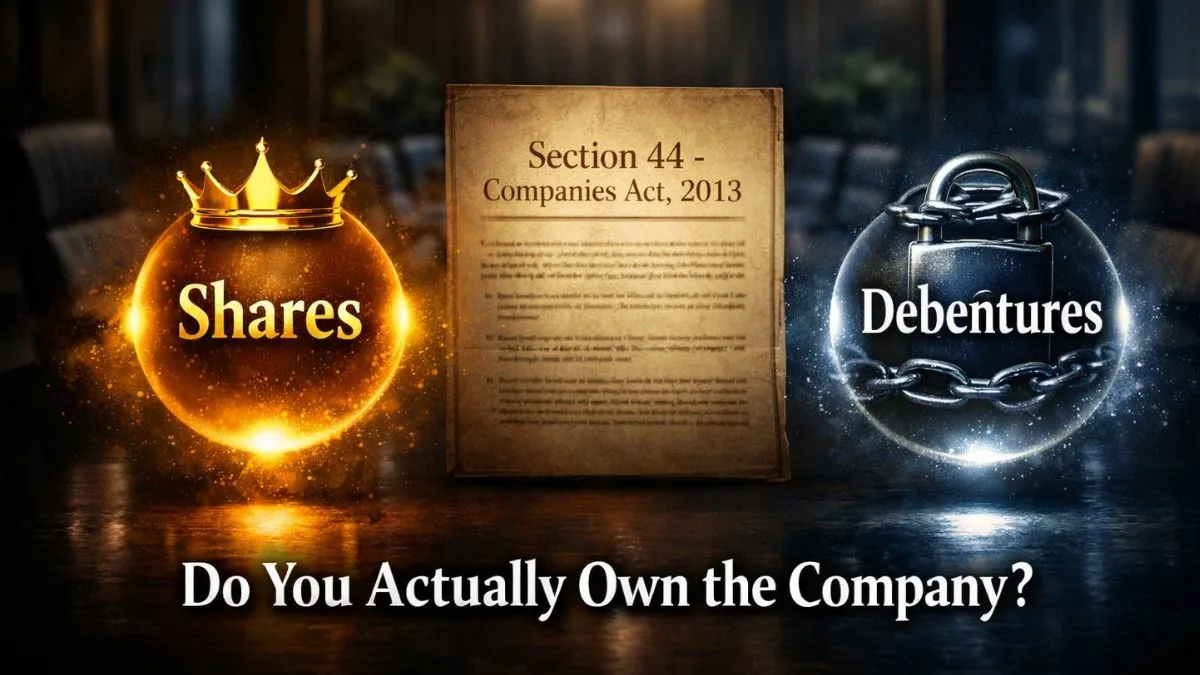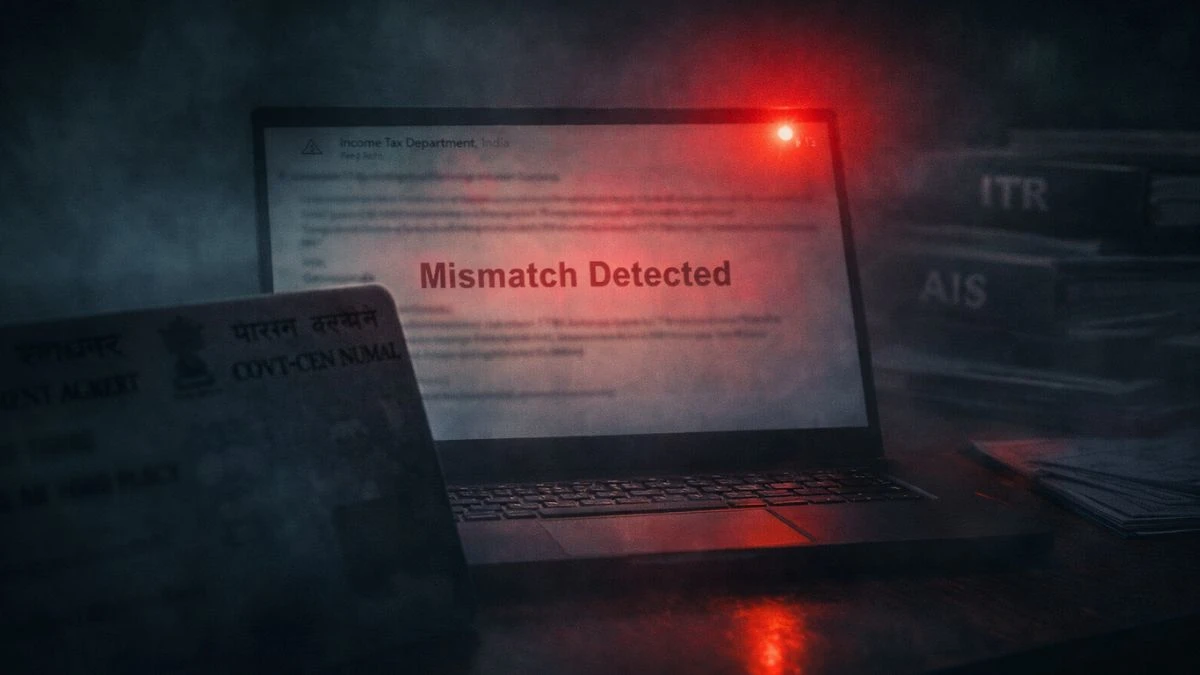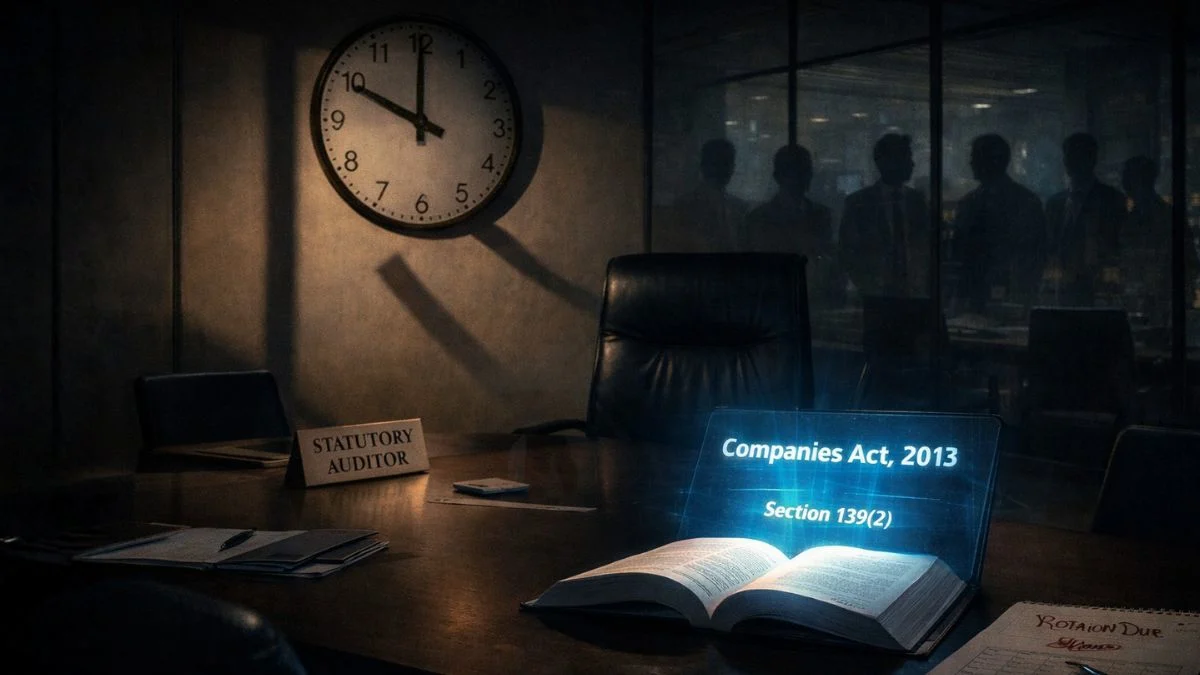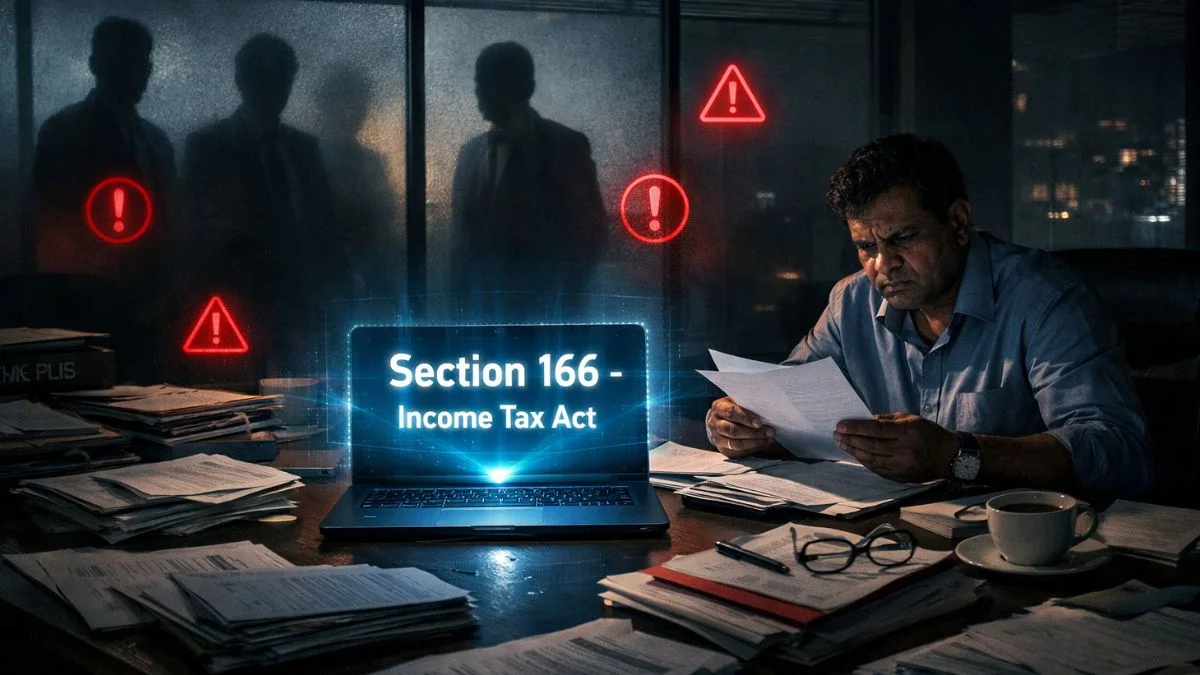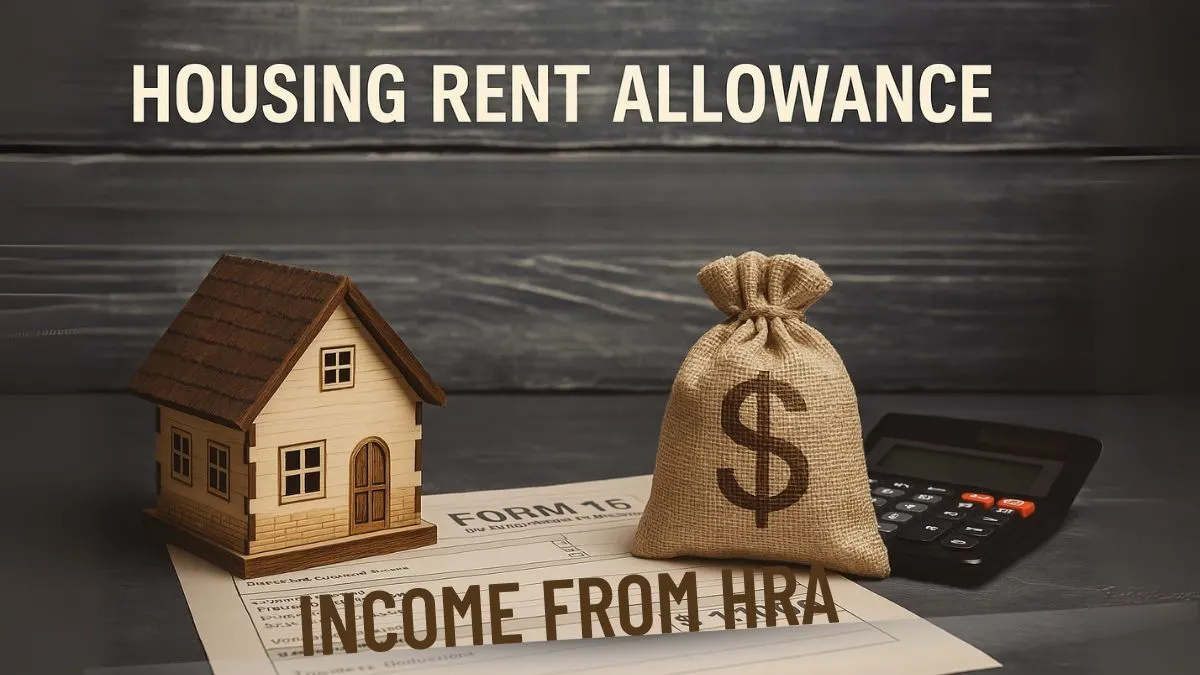
When it comes to salary components and tax savings, HRA is one of the most talked-about terms. But what exactly is HRA? What is the full form of HRA, and how does it impact your income and taxes? Let’s decode this with a simple explanation that anyone can understand.
Full Form of HRA
The full form of HRA is House Rent Allowance.
It’s a component of a salaried employee’s salary package, given by the employer to help them meet rental expenses if they live in a rented accommodation. It’s especially beneficial because a part of it can be tax-exempt under Section 10(13A) of the Income Tax Act—if certain conditions are met.
What is Income from HRA?
Now, let’s understand the term income from HRA. While HRA is a part of your salary income, the good news is—you don’t always have to pay tax on the entire amount. The Income Tax Act allows a partial exemption, which means a portion of the HRA is not taxable if you're paying rent.
So, technically, HRA is not a separate income source but a salary component that can help you reduce your taxable income.
How is HRA Exemption Calculated?
To calculate how much HRA is exempt from tax, the lowest of the following three amounts is considered:
- Actual HRA received
- 50% of basic salary if living in a metro city (40% for non-metro)
- Rent paid minus 10% of the basic salary
Let’s look at a quick example:
- Basic salary = ₹30,000
- HRA received = ₹15,000
- Rent paid = ₹12,000/month
- City: Mumbai (metro)
Calculation:
- HRA received = ₹1,80,000/year
- 50% of basic = ₹1,80,000
- Rent paid – 10% of basic = ₹1,44,000 – ₹36,000 = ₹1,08,000
So, ₹1,08,000 will be exempt, and the remaining HRA will be taxable."
Also Read: SIP (Systematic Investment Plan): How Small Monthly Investments Can Build Big Wealth
Who Can Claim HRA Exemption?
You can claim HRA exemption if:
- You're a salaried employee
- You receive HRA as part of your salary
- You live in rented accommodation & pay rent
If you live with your parents and pay rent to them, you can still claim HRA—just ensure there’s proper proof like rent receipts & bank transactions.
What If You Don't Pay Rent?
If you're not living in rented accommodation, the entire HRA received becomes fully taxable. So, if you own your house or live with your family without paying rent, don’t claim HRA exemption—it could lead to scrutiny from the tax department.
HRA in ITR Filing
While filing your income tax return, HRA-exempt income must be separately disclosed in the “Exempt Income” section under Section 10(13A). Many salaried taxpayers forget this step, which may result in mismatch notices from the IT department.
Always keep your Form 16 and rent receipts handy while filing your ITR.
Key Tips for Maximising HRA Benefits
- Pay rent through bank transfer or cheque—avoid cash transactions
- Maintain rent receipts & rent agreements
- Update your employer about any change in your rental address
- Don’t forget to declare your landlord’s PAN if rent exceeds ₹1 lakh/year"
- Disclose exempt income properly in the ITR
HRA and Non-Salaried Individuals
Freelancers and self-employed individuals don’t get HRA, but they can claim rent deduction under Section 80GG—a different section altogether. The rules are more stringent, and documentation is key.
Final Thoughts
Understanding the full form of HRA—House Rent Allowance—and its meaning is essential for anyone earning a salary. It’s not just about what you earn, but how smartly you structure your salary to minimise tax legally. HRA gives you a legal way to reduce your tax burden if you're paying rent.
Need help claiming your HRA tax exemption or filing ITR correctly?
Let our experts at Callmyca.com handle it for you. One click & you’re sorted—no stress, no mistakes, just maximum savings!


